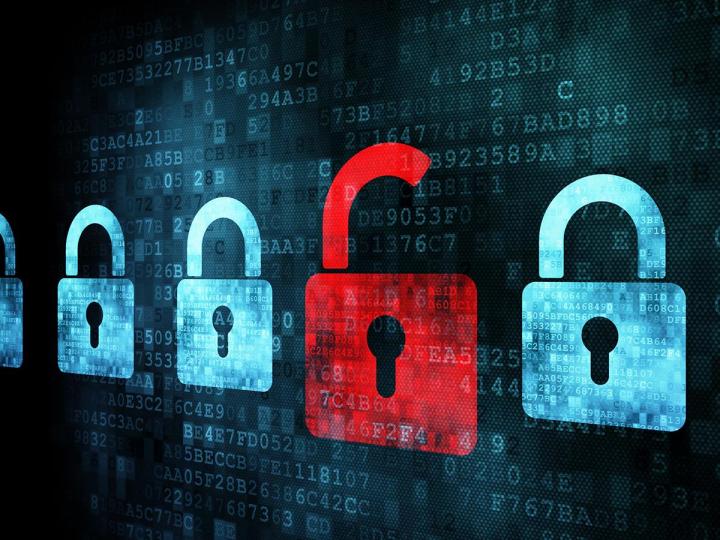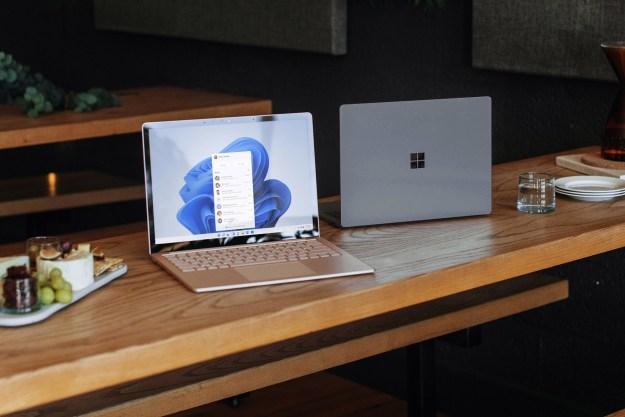
As the full report explains, a “major cyberattack” was defined as “significant loss of life or property losses/damage/theft at the levels of tens of billions of dollars” — we’re not talking about the leak of a few thousand credit card numbers here. The general feeling seems to be that the growth in Internet-connected services, many of which don’t have security as their number one focus, is inviting unwelcome interest from hackers.
“Current threats include economic transactions, power grid, and air traffic control,” said Mark Nall, a program manager for NASA. “This will expand to include others such as self-driving cars, unmanned aerial vehicles, and building infrastructure. In addition to current methods for thwarting opponents, growing use of strong artificial intelligence to monitor and diagnose itself, and other systems will help as well.”
The other 39 percent of respondents weren’t so convinced about an imminent catastrophic cyberattack. “While the possibility of such widespread disruption certainly exists, it has become a priority among most industrialized nations to understand and respond to the threat,” said one of the experts who answered no, Robert Bell of the IntelligentCommunity.org site. “I expect smaller-scale incidents but not large-scale loss of life or billions of dollars of property loss.”
The Pew Research report is part of a larger effort to mark the 25th anniversary of the World Wide Web, and the firm has also been canvassing for opinions on the future of the Web, the Internet of Things and the role of Artificial Intelligence as it spreads into more areas. Full details of all these reports can be found on the Pew Research Center website.
For Hal Varian, chief economist for Google, we should be more worried about natural disasters than anything hackers can throw at us. “There will certainly continue to be cyberattacks around the world,” he said. “However, I don’t think that such attacks will involve losses of tens of billions of dollars. For that to happen we would have to see systems down for several days… Most hurricanes have been in the $20 billion range. I don’t see cyberattacks coming anywhere close to hurricanes in terms of the associated property losses.”
[Header image: Maksim Kabakou / Shutterstock.com]
Editors' Recommendations
- Does your Mac need antivirus software in 2024? We asked the experts
- Microsoft accidentally released 38TB of private data in a major leak
- Is ChatGPT creating a cybersecurity nightmare? We asked the experts
- Experts fear ChatGPT will soon be used in devastating cyberattacks
- Zoom just fixed a major security flaw on Mac. Here’s why you should update now


